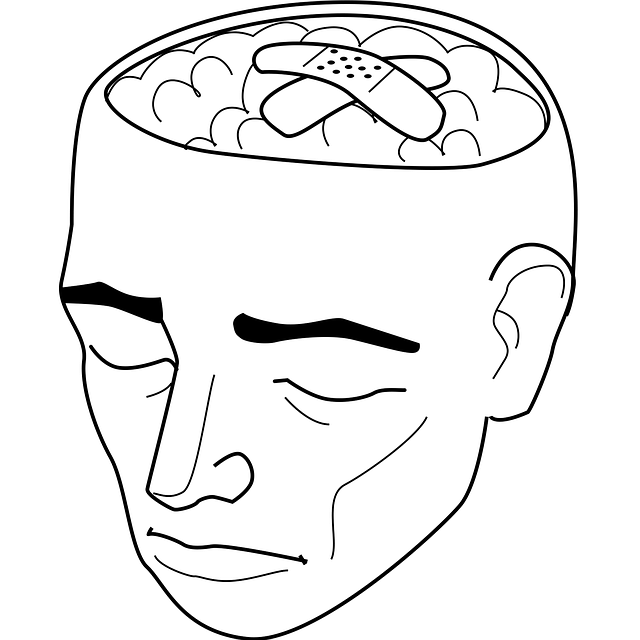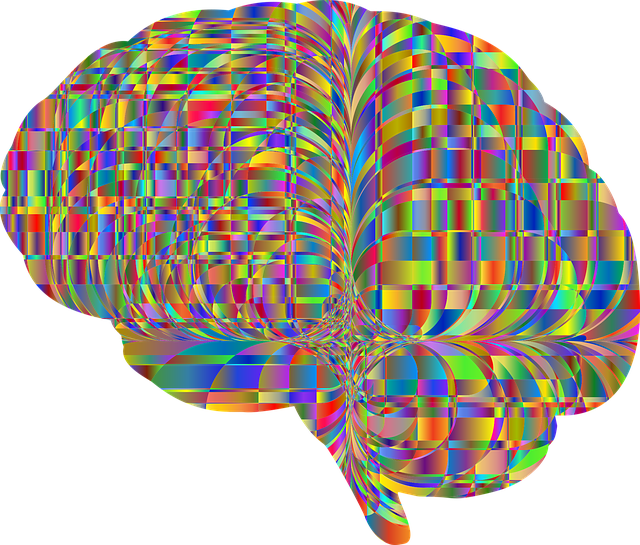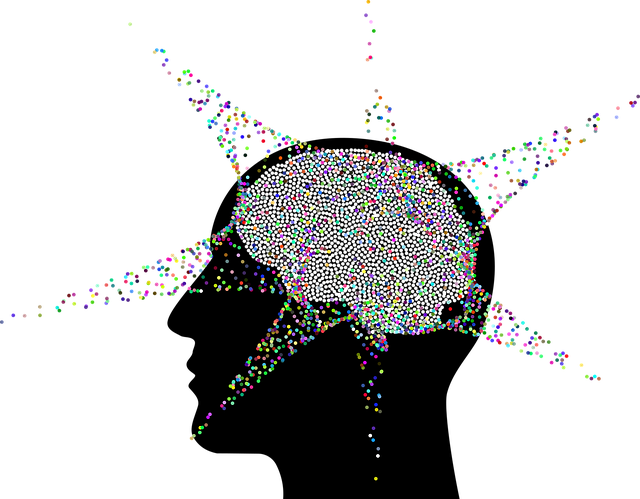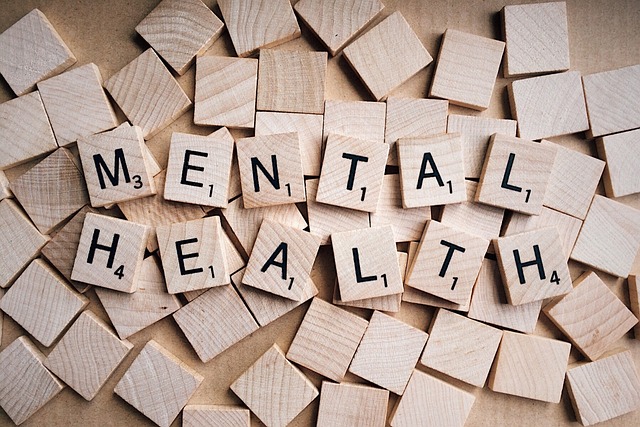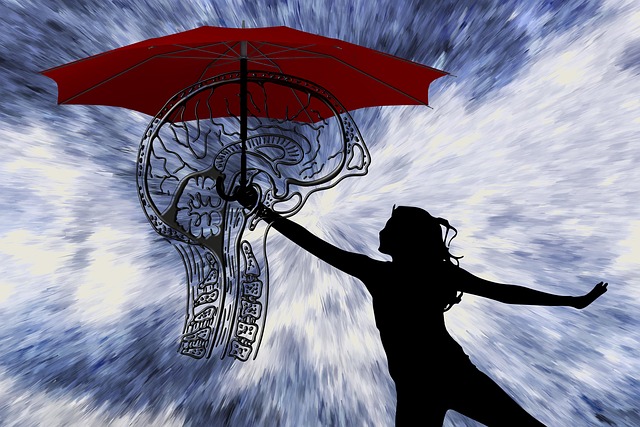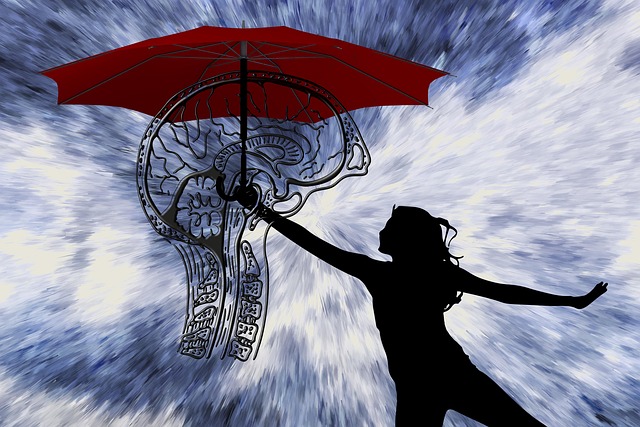Elderly sexual dysfunction (ESD) is a significant, often-overlooked issue impacting senior mental health and well-being. Physical changes, chronic illnesses, medications, low self-esteem, depression, and anxiety contribute to decreased sexual function. Addressing ESD through education on coping skills, emotional intelligence, and mental wellness is vital for enhancing therapy and promoting elders' mental health. Integrating mental health education into senior care is crucial, focusing on tailored programs that foster inner strength, manage chronic illnesses, and combat social isolation. Measuring program success through surveys, feedback, and interviews ensures effectiveness and guides continuous improvement, leading to better policies and advocacy for elder mental wellness, including therapy for elders sexual dysfunction.
Mental health education plays a pivotal role in enhancing the quality of life for elderly individuals, especially regarding sexual dysfunction—a pressing yet often overlooked issue. This article explores comprehensive strategies for addressing this sensitive topic within senior care. We delve into understanding the causes and impacts of sexual dysfunction in the elderly, emphasizing the integration of mental health education in care plans. Furthermore, it provides practical guidance on designing effective therapy programs tailored to elders’ unique needs, along with metrics for measuring success and ensuring continuous improvement in care.
- Understanding Elderly Sexual Dysfunction: Causes and Impact
- Integrating Mental Health Education in Senior Care
- Designing Effective Therapy Programs for Elders
- Measuring Success and Continuous Improvement Strategies
Understanding Elderly Sexual Dysfunction: Causes and Impact

Elderly sexual dysfunction (ESD) is a complex issue that often goes overlooked, yet it significantly impacts the mental health and overall well-being of seniors. This sensitive topic involves various factors contributing to decreased sexual function and desire over time. Physical changes related to aging, chronic illnesses, and certain medications can play a significant role in ESD. Additionally, emotional and psychological aspects, such as low self-esteem, depression, and anxiety, often associated with aging, can further exacerbate the problem.
Addressing ESD is crucial for enhancing therapy for elders sexual dysfunction and promoting mental wellness. Educating seniors about coping skills development and emotional intelligence can be a powerful tool in managing these challenges. The Mental Wellness Podcast Series Production offers valuable resources to start meaningful conversations and provide support. By integrating open discussions about sexual health, along with teaching effective coping strategies, we can empower the elderly population to navigate and improve their mental health, ensuring they lead fulfilling lives regardless of physical changes.
Integrating Mental Health Education in Senior Care

Integrating mental health education into senior care is a vital step towards enhancing the overall well-being of elderly individuals. As our population ages, it’s crucial to recognize that mental health issues can often go unnoticed or undiagnosed in this demographic. By incorporating specialized training for healthcare providers, we can ensure better identification and treatment of conditions like depression, anxiety, and even sexual dysfunction among elders—a topic that demands more attention given its potential impact on quality of life.
Educational programs should focus on fostering emotional intelligence, teaching effective stress management techniques, and implementing burnout prevention strategies specifically tailored for healthcare providers working with seniors. These measures not only benefit the elderly residents but also empower caregivers, enabling them to provide compassionate and competent care.
Designing Effective Therapy Programs for Elders

Designing effective therapy programs tailored for elders is a nuanced task, given their unique needs and experiences. These programs should go beyond treating specific mental health conditions to fostering inner strength development and enhancing overall well-being. Given the prevalence of chronic illnesses and social isolation among seniors, therapists must incorporate strategies that cater to these challenges. For instance, group therapy sessions can create a supportive network, combat loneliness, and encourage peer learning, thereby improving mood management skills.
Addressing sensitive issues like sexual dysfunction in an age-appropriate manner is crucial for elder mental health education. By incorporating therapeutic approaches that challenge the societal stigma surrounding mental illness, these programs contribute to meaningful mental illness stigma reduction efforts. Ultimately, effective therapy for elders should be holistic, considering their physical, emotional, and social aspects while cultivating inner resilience.
Measuring Success and Continuous Improvement Strategies

Measuring success is a crucial aspect of designing effective mental health education programs. To evaluate the impact, various qualitative and quantitative methods can be employed. Surveys, feedback forms, and interviews provide insights into participants’ perceptions and changes in their mental well-being. For instance, assessing improvements in coping skills development or compassion cultivation practices through structured questionnaires allows for data-driven conclusions. Additionally, tracking long-term outcomes, such as reductions in symptoms of depression or anxiety, can demonstrate the program’s sustained effectiveness.
Continuous improvement is facilitated by incorporating feedback loops and regular policy analysis within the program framework. Mentoring sessions with mental health professionals can provide valuable insights into what works best for different demographics, including elders experiencing sexual dysfunction. This information feeds into advocacy efforts for better mental health policy implementation. By integrating these strategies, programs can adapt to evolving needs, ensuring that education remains relevant and impactful over time.
Mental health education programs tailored to the elderly, with a focus on addressing sexual dysfunction, are game-changers in senior care. By integrating awareness and therapy, we can significantly improve quality of life for this demographic. Effective programs, as discussed, should be comprehensive, evidence-based, and continually evaluated. Implementing these strategies ensures that elders receive the support they need to navigate and overcome sexual dysfunction, fostering a more inclusive and respectful environment within senior care settings. Additionally, focusing on therapy for elders sexual dysfunction can lead to better overall mental health outcomes and enhanced well-being for this often-overlooked population.
